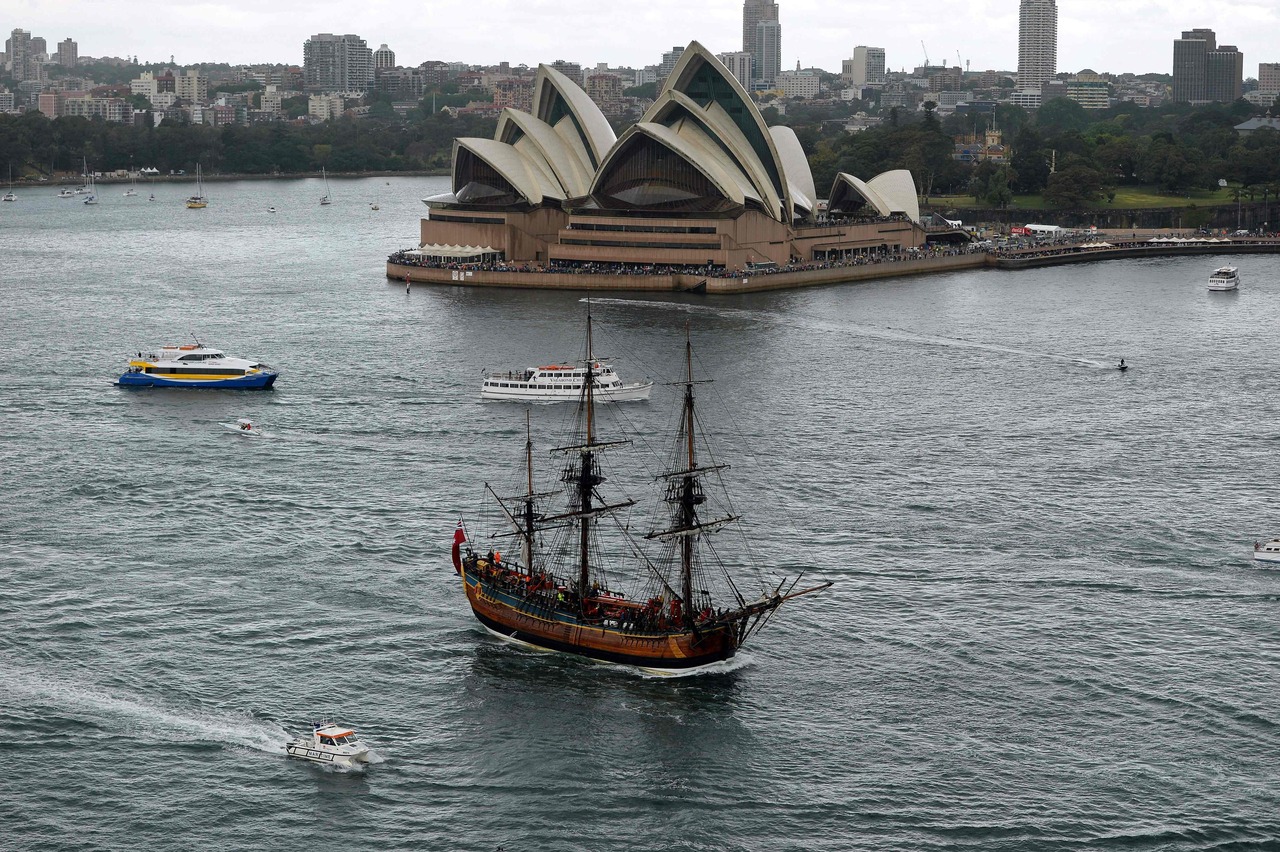Australia's $198b wealth fund to curb global investment as geopolitical tensions, rates rise
Sign up now: Get ST's newsletters delivered to your inbox

The Future Fund suffered its largest quarterly loss in two years in the three months through March.
PHOTO: AFP
SYDNEY (BLOOMBERG) - Australia's A$201 billion (S$198 billion) sovereign wealth fund plans to seek more local investments and trim exposure to listed companies as geopolitical tensions rise and markets get jittery over rate hikes.
The Future Fund is seeking more illiquid assets and plans to use more active strategies to generate returns in expectation that rising borrowing costs will eventually tip economies into recession, said chief executive Raphael Arndt. Continued higher inflation will also pose a problem for investors, he added.
"The days of being able to earn returns just by taking risk in markets are ending," Dr Arndt said in a Bloomberg Television interview on the sidelines of the Milken Institute Global Conference in Los Angeles. "We need to get a lot more creative."
The Future Fund suffered its largest quarterly loss in two years in the three months through March after warning of a worsening global outlook for some time.
Dr Arndt said on Wednesday (May 4) that the world is in a period that closely resembles the 1930s with populism becoming entrenched and countries taking more supply chains onshore during the pandemic.
"That means probably a bigger focus on more domestic exposure than what we've had in the past," he added. "We don't take the free flow of capital around the world for granted any more."
The rise of geopolitical tensions has seen the fund reduce its emerging market exposure amid expected drags on economic growth. It is also exercising "a lot more" caution on China, Dr Arndt said, adding that it is possible - though not yet likely - that the West will seek sanctions on China's economy if the nation ramped up its support for Russia.
"The world has totally changed and all our financial models, all the things we learnt in business school around modern portfolio theory and capital asset pricing models - they're all based on observations of the world since World War II and they're wrong," said Dr Arndt. "And so now we need to have a new way of thinking."


